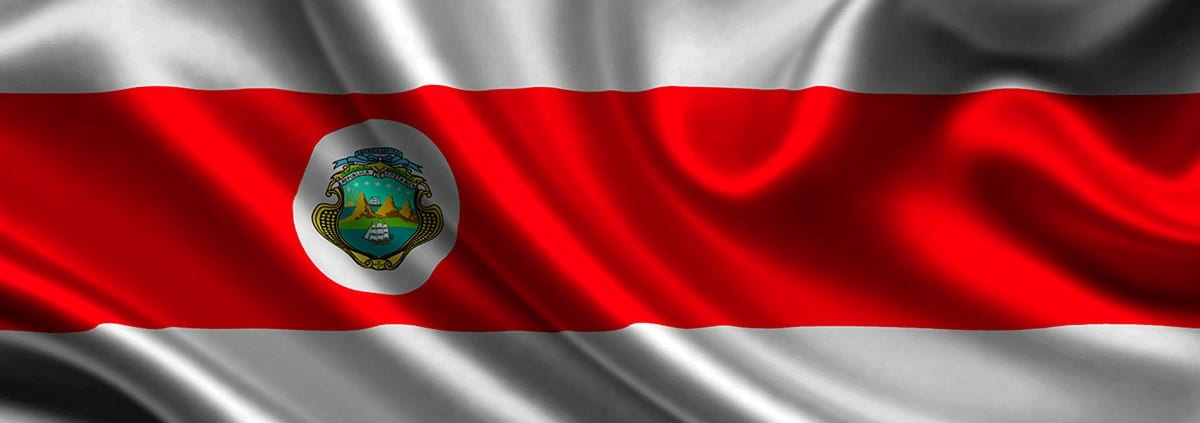Costa Rica: Learning About Extreme Heat & Heat Exposure
By Aron Walker, MURP ’23
Extreme heat makes outdoor work more difficult and dangerous. While heat clearly affects public health, there are also economic impacts: when it is too hot, less work gets done. For hot places with large agricultural workforces, these economic impacts could be significant and grow with climate change.
Several researchers have already done great work to model these effects both globally and in several regions. The niche I was asked to explore was estimating productivity losses using the more detailed (if somewhat eclectic) data sets that an organization like the World Bank has access to – household surveys, agricultural censuses, etc.
I learned that “heat” is complicated – it is not just temperature. Humidity also matters: 88 degrees Fahrenheit and 95% humidity acts on the human body like 113 degrees in much drier air. Evaluating productivity losses with a simple temperature “cut-off” without considering humidity could give wildly inaccurate results.
I also learned that simple approaches to identifying problematic heat, like a daily average or a daily maximum, miss details that matter for workers. On many days the average temperature may be fine but some hours can still be too hot for safe work. On the one hand, using the average will not find any impact; on the other hand, eliminating the day by its maximum temperature will overestimate heat’s impact. The question is not if the day is lost, but how many hours of the day.
I learned that heat exposure varies significantly, especially in a climatically diverse county like Costa Rica. There are many days when people can safely harvest coffee in the mountains while it is too hot for workers in coastal sugar cane fields. These differences are why detailed data on labor are so important: I needed to know where the workers really were to figure out how big an impact heat was having on them.
The opportunity to do this work this summer opened my eyes to a whole range of future possibilities. I have a few follow up projects specifically about heat and how to understand its variation and its impact on other populations. I am also much more interested in using data to address questions that bridge my interests in environmental health and economic development. I am grateful to Global Public Affairs for supporting my work this summer, along with UCLA’s Field School of Public Health. I am most grateful for my mentors who asked good, hard questions and encouraged me to explore things even when I had no idea how to approach them.




